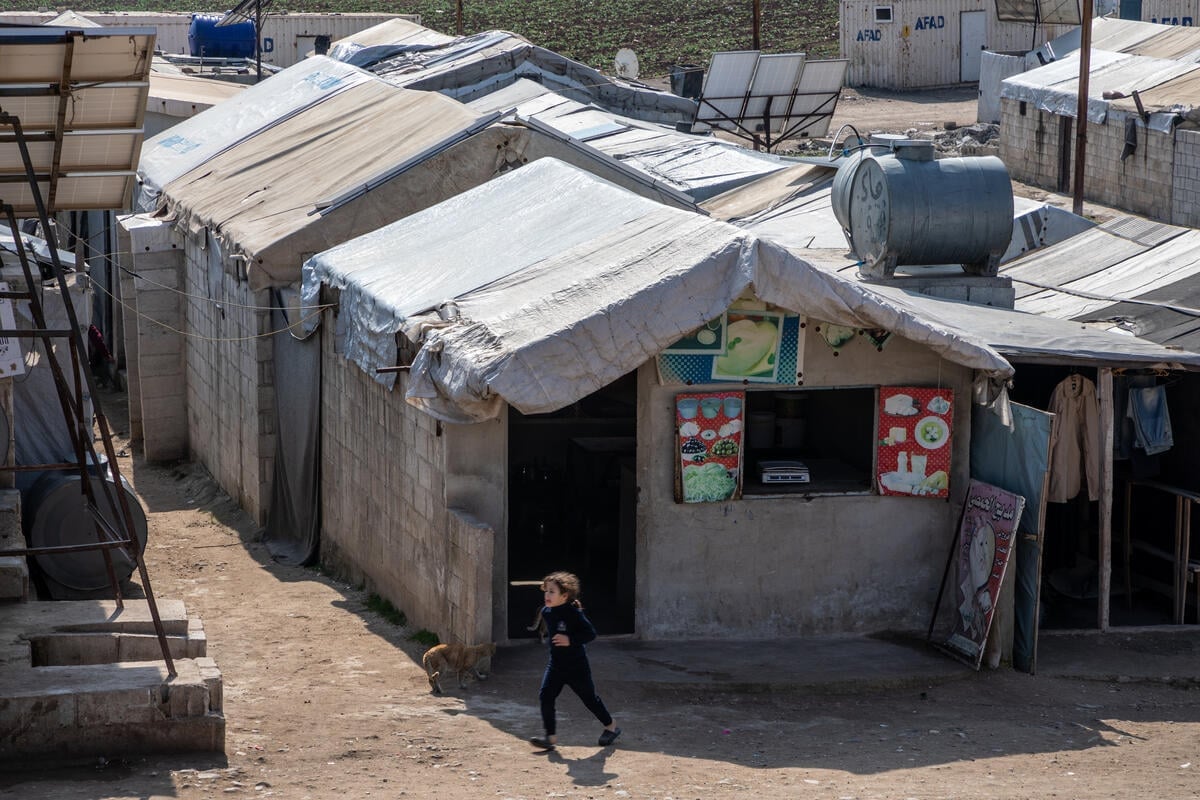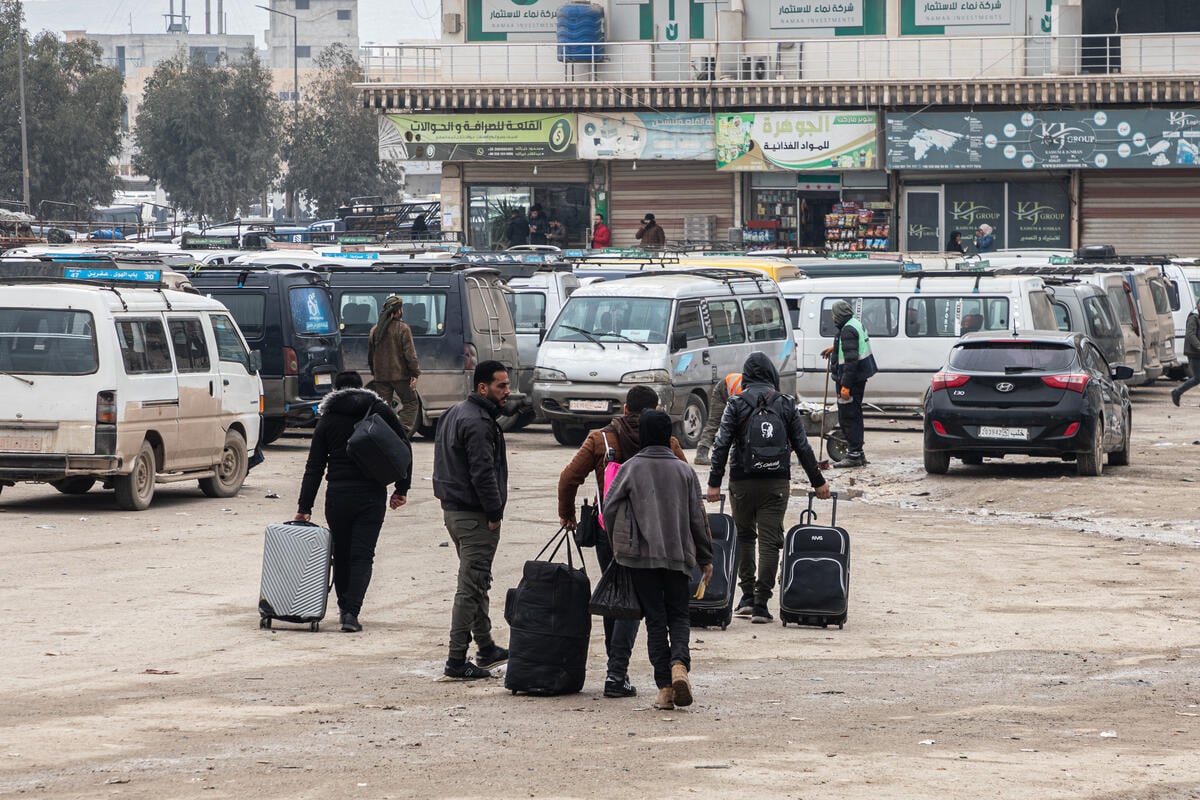Three million and counting: The rising humanitarian crisis inside Syria
Three million and counting: The rising humanitarian crisis inside Syria
In Syria, and since the start of 2013, UNHCR has brought relief supplies to more than three million people. This includes internally displaced people and others simply vulnerable and needing help. With Syria's crisis having now passed 1000 days, the amount of aid we have been able to deliver is still nowhere near enough.
UNHCR's assistance has reached all of Syria's 14 governorates, and each week sees a further approximately 250 trucks being dispatched. We have participated in more than 40 inter-agency cross-line missions into conflict zones. Over 35 per cent of UNHCR assistance has been to displaced persons in hard-to-reach or "hot spot" areas.
Aid deliveries are managed by UNHCR and done with the support of local partners. Our recent supply efforts have focused on helping civilian populations in Aleppo and Rural Damascus, the two governorates hosting the majority of internally displaced persons. Aid has also gone to Idlib, one of the most difficult areas to reach, and Hama, where security prevented UNHCR from delivering any assistance between May and the end of November.
UNHCR has presences in most governorates, and 370 staff. The aid we send out supports families to look after their own daily needs and typically might include blankets, mattresses, sleeping mats, diapers, sanitary napkins, plastic sheeting, jerry cans, kitchen sets and hygiene kits. So far in 2013, UNHCR has procured, stored, transported and delivered over 7.3 million separate relief items working with selected local NGO partners and the Syrian Arab Red Crescent (SARC).
Despite the scale of these efforts over the past months, the needs remain immense, and insecurity routinely prevents access to many areas. With an estimated 6.5 million people now internally displaced and many more in need of help, we have been working to provide additional support including healthcare (971,000 beneficiaries), legal protection and community services (155,000 beneficiaries), shelter rehabilitation (70 shelters) and financial assistance for the most vulnerable (175,000 beneficiaries). We have also been involved in the inter-agency effort led by WHO and UNICEF to vaccinate children against polio. Vaccines for 538,000 children were recently airlifted to Al Hassakeh and other hard-to-reach locations in north-eastern Syria.
Guest Speaker: Amin Awad, Director of UNHCR's Middle East and North Africa bureau.
For more information on this topic, please contact:
- In Amman, Peter Kessler on mobile +962 79 631 79 01
- In Geneva: Adrian Edwards on mobile +41 79 557 9120
- Dan McNorton on mobile +41 79 217 3011









